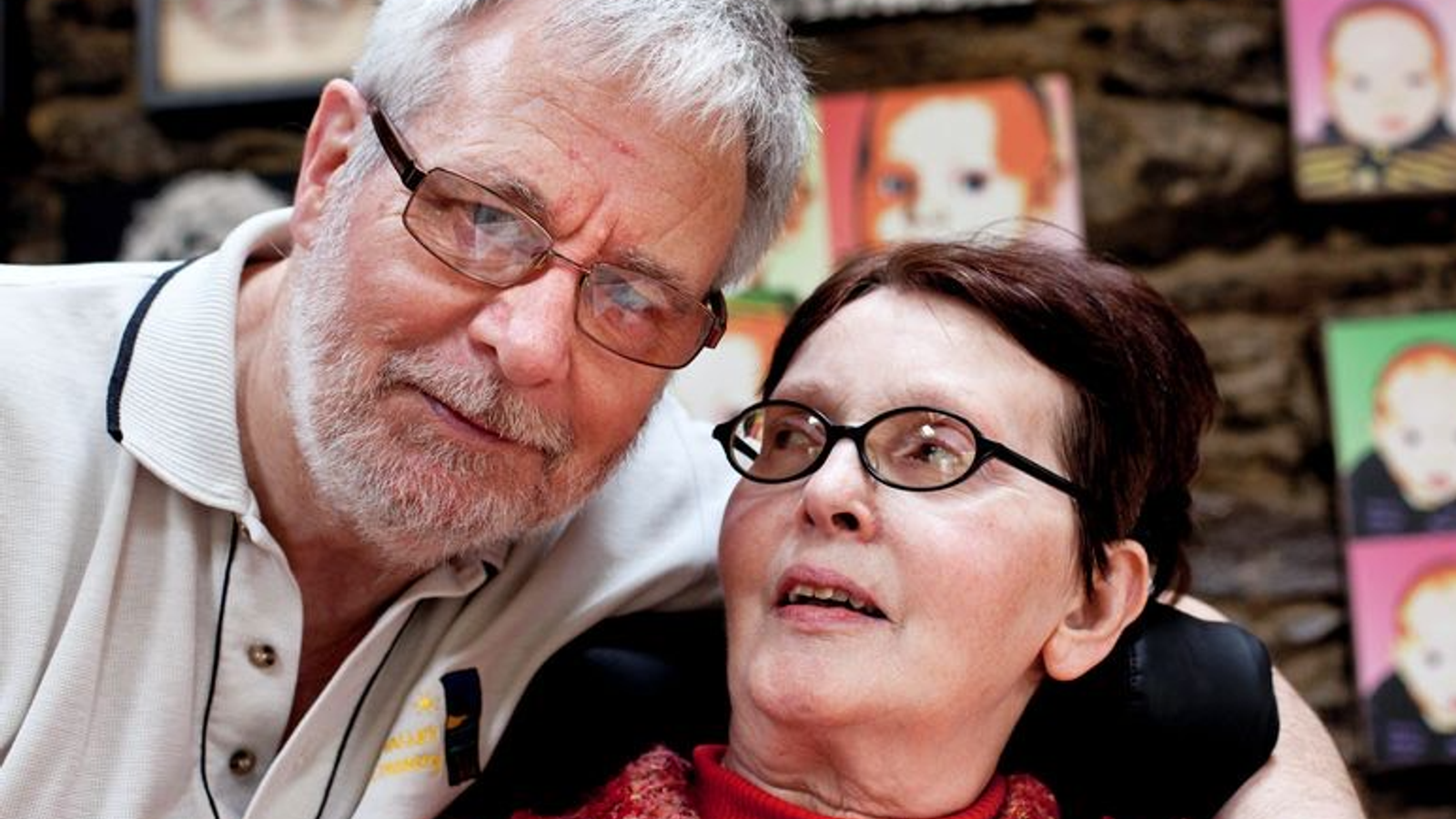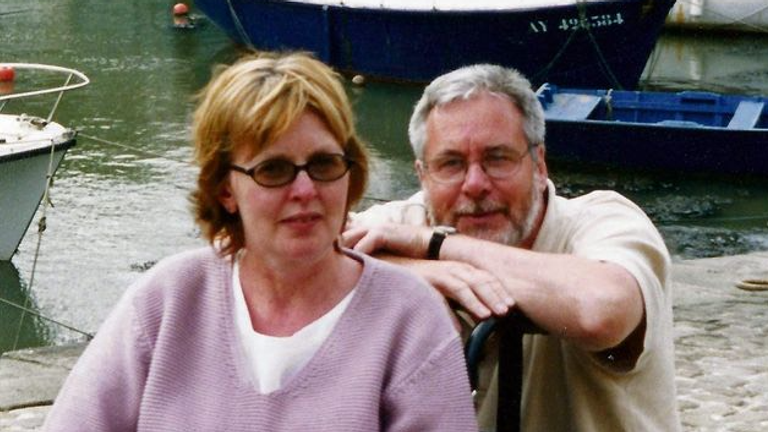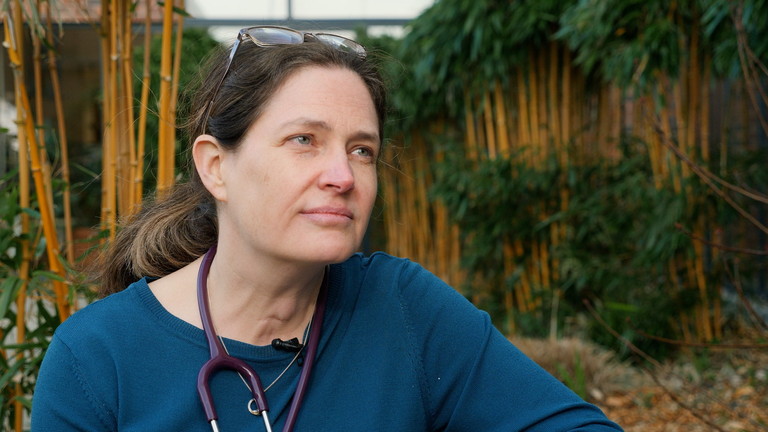‘Huge step forward’: Irish politicians to recommend introduction of assisted dying


A parliamentary committee will today recommend the Irish government legislate to introduce assisted dying and euthanasia for those with only six months to a year to live.
The Oireachtas [Irish parliament] Committee on Assisted Dying will issue a final report, which is expected to urge allowing an assisted death for those diagnosed with a terminal condition that is “incurable, irreversible, progressive and advanced,” and for whom suffering cannot be relieved in a way they find “tolerable”.
The time limit will generally be set at six months, with 12 months for neurodegenerative conditions.
Any assisted death would be overseen by a medical professional, but the committee report will also include a conscientious clause allowing any doctor, nurse or other medical worker to abstain from such a duty.
Currently, suicide is legal in Ireland, but assisting a suicide is not, with a potential prison sentence of up to 14 years as a deterrent.
That was the risk Tom Curran faced, as his partner Marie Fleming asked him for help ending her life in December 2013.
“She wasn’t afraid of dying, but she didn’t want a bad death,” Mr Curran told Sky News.
“She didn’t want to linger, and she didn’t want the people around her to have to witness that, and to be remembered being in pain all the time, that sort of thing.”
Ms Fleming suffered from multiple sclerosis (MS), which had deteriorated to the stage she wanted to take control of her death.
Advertisement
‘I won’t be around’
When Mr Curran tried to discuss adapting their cottage in Arklow, Co Wicklow, to her medical needs, his partner told him: “Sure that won’t be necessary, I won’t be around.”
When he asked her “what do you mean?”, she said: “When it gets to the point that life is no longer worth living, as far as I’m concerned, I don’t want to continue.”
Mr Curran told Sky News: “To me, it was perfectly reasonable. I had had time to think about it. I reasoned that any rational person would have that as an option. You wouldn’t necessarily take it, but she wanted that option there.”
Aware of the legal risks, the couple took a case to the High Court, then the Supreme Court, but failed to force a change in the law. They joined Dignitas, the Swiss assisted dying service, but a trip was ruled out due to Ms Fleming’s difficulty swallowing the necessary drugs.
Read more:
Five stories that bring the assisted dying debate home
Starmer promises vote on assisted dying if he wins election
‘Marie died peacefully’
In the end, the couple sourced drugs from Mexico online, which were then delivered to their home. A particularly difficult period just before Christmas 2013 led her to finally decide to end her life.
“All I can really say, without getting into trouble, is that Marie died peacefully like she wanted to,” Mr Curran recalled. “She didn’t have a prolonged death, she had a very peaceful death in her own bed at home.”
He called today’s report a “huge step forward” in the right direction, and credits Ms Fleming’s campaigning with changing the public conversation in Ireland.

‘A burden to people who are terminally ill’
But many are still opposed, including doctors working in palliative care.
Dr Faith Cranfield, a consultant in palliative medicine who works at a hospice in Blanchardstown in west Dublin, feels legislation would serve to increase pressure on terminally ill people to end their lives.
“Yes, I absolutely do,” she said.
“When people are sick, they can feel overwhelmed and they can feel distressed. If you were to bring in legislation that said a certain group in society should consider an early death as a solution to that distress, that is a regressive solution. That is not helpful and that is a burden to people who are already terminally ill.”
The right to choose
Taoiseach Leo Varadkar will study the committee’s recommendations, but as his coalition government has only a year remaining, with many expecting a late autumn election, it is unlikely to table controversial legislation before going to the polls. It will most likely fall to the next government to draft any legislation.
Mr Curran feels legislation could remain “years away” from being enacted. But he claims public support is behind the move. “I think Marie has a lot to do with that,” he said.
“She humanised the whole concept of a right to choose, and that’s really all we’re asking for – a right to choose.”
Anyone feeling emotionally distressed or suicidal can call Samaritans for help on 116 123 or email jo@samaritans.org in the UK and jo@samaritans.ie in Ireland. In the US, call the Samaritans branch in your area or 1 (800) 273-TALK